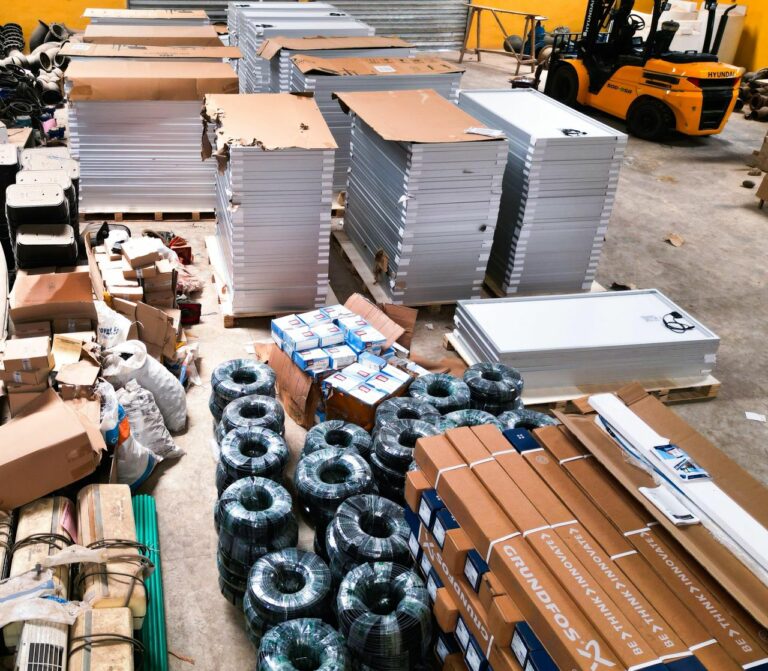Ekiti State Government has taken delivery of 110 solar-powered pumps and accessories for the construction of another set of 110 water, sanitation and hygiene facilities across the state.
The Commissioner for Infrastructure and Public Utilities, Prof. Mobolaji Aluko, said that the solar-powered pumps would be installed in 55 schools and 55 health centres across the state as part of efforts to guarantee adequate provision of potable water, sanitation and hygiene to residents.
He said that the project was being executed under Sustainable Urban and Rural Water Supply, Sanitation and Hygiene, a World Bank-backed programme, which aims to improve access to WASH services, particularly in underserved communities of benefitting states.
Aluko, who spoke in Ado Ekiti on Friday while taking delivery of the items, said that the pumps were bought in bulk to save cost and ensure standardization of pump quality and after-installation servicing.
He said, “The broader project is our SURWASH programme and part of what we have been doing in the past two years is actually to ensure access to water and sanitation in urban and rural areas.
“We have been constructing boreholes, sanitation and toilet facilities in schools, health centres and communities over the past two years with 121 WASH facilities rehabilitated and 64 solar-powered boreholes constructed.
“The current instalment is 110 WASH facilities consisting of anchored-in solar-powered boreholes to be located in 55 schools and 55 health centres across the state with each local government and local council development area getting two units, additional two units for each LG and an extra two for Ado LG.
He added, “We are also working on finding lasting solutions to the issue of electricity supply for our dams. The emphasis now is on providing dedicated lines to the dams as well as dedicated power, whether it is gas power, solar power and even in some cases small hydropower dedicated to the dams is enough to pump water to where needed.
“Electricity for residential or commercial has far power less requirements than for dams because the dam requires heavy pumps. That is why we need dedicated independent powers for our dams and agricultural irrigation purposes around the dams.
“The focus now is to get power solutions that ensure we get potable water. We have four dams at Ero, Egbe, Ureje and Itapaji, as well as the fifth one at Ogbese which is Federal Government-owned that is multipurpose, but essentially hydro that is currently being worked upon.”
The commissioner assured that the state government would not relent in efforts to ensure the provision of basic amenities to people in the state.
Aluko stressed the need for communities to take control over public facilities in their respective areas, emphasizing that taking control over public facilities through increased engagement, ownership, and accountability would ultimately result in improved service delivery, proper maintenance and sustainability.

